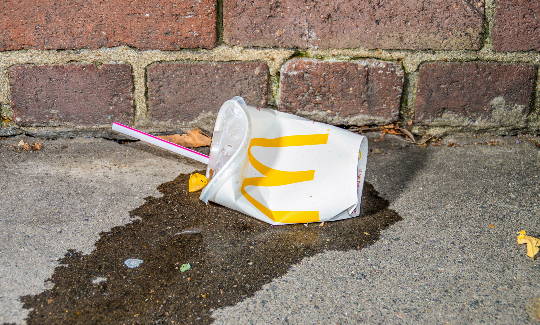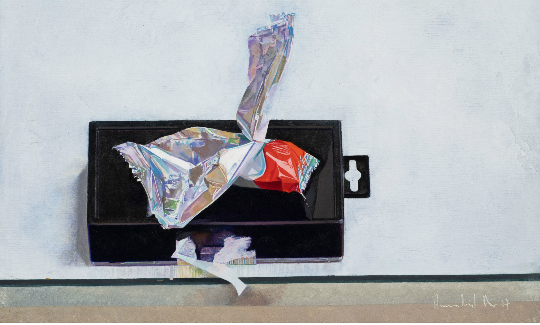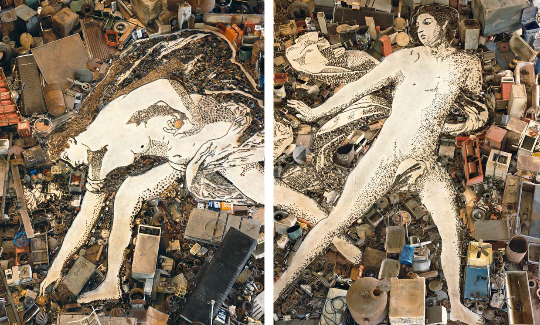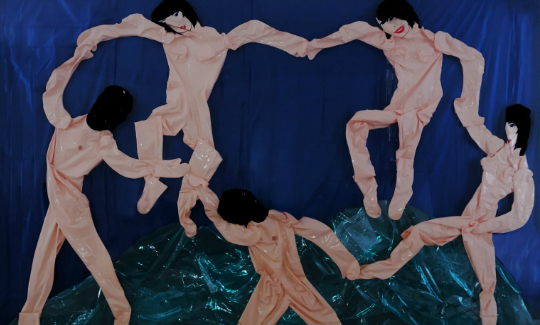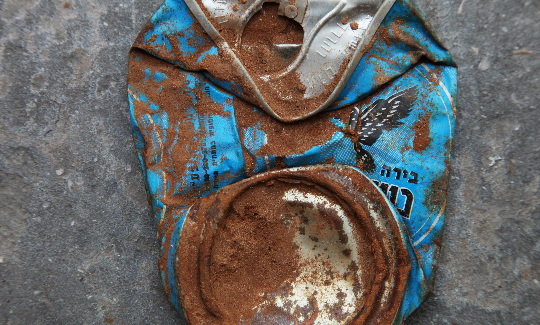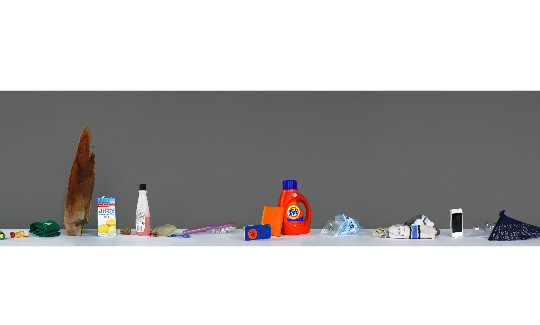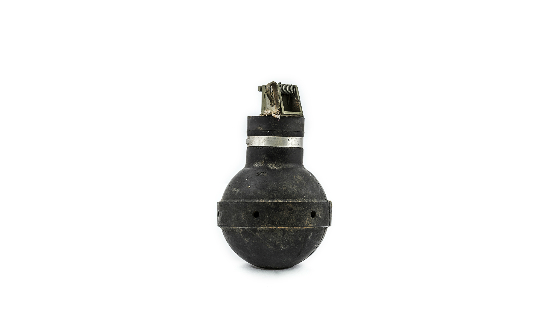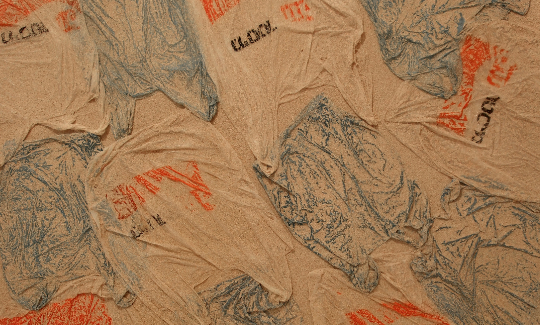Art history began as an archive of death – with the creation of burial structures, pyramids, and museums. Contemporary art that addresses the issue of mass consumption also tends to collect and archive things that should not have been acquired, but rather destroyed or discarded. In this context, art scholar Boris Groys defines the most consistent form of consumption as general destruction – as the end use of all things. In his view, art consumes death: it consumes consumption and, in parallel, archives consumption.
A broad discourse in the art field is dedicated to the traditional role of the museum, posing the question: which masterpieces are worthy of inhabiting the hall of the muses? The premise of this discourse lies in the perception of the museum as the sacred dwelling of treasures – of the spirit, of science, and of the imagination. A museum is also called a treasure house; its opposite is trash, unworthy and unfit for display. The museum thus traditionally guards the threshold between that which is "worthy of entering" and "all the rest" – objects that are unsuited for museum display.
Trash – the "side effect" of our wealthy consumer society – is the central motif of the works presented in this exhibition. The artists continue the widespread traditional usage of trash, with reference to the fact that consumerism is the greatest producer of trash in our time. Trash is created when an organized system expels "unsuitable" elements. These elements can be household garbage, or people who are called "trash" in order to mark their complete rejection by the system. "Trash" has become a concept and a threatening presence in the context of information and communication systems ("trash mail").
The artists participating in the exhibition grasp trash as a decadent, anti-productive element that threatens the capitalist production economy. Life in a capitalist economy involves a constant war on trash, resonant with the utter rejection of foreign, uncontrollable elements that signify proximity to death. Death is rejected in favor of the productive-technological optimism promoted by the dominant culture. A paradigmatic example of this kind of capitalist attitude is the brilliant spotlessness of shopping malls and airports – a cleanliness that aims to induce a sense of serenity and rational control.
The variety of works presented seeks to emphasize that trash is one of the central elements in contemporary culture, both in daily life and in a subversive, theoretical context. We speak of "junk food," "garbage time" (in which nothing dramatic occurs in a sports game), of "white trash" (a derisive nickname for poor white residents living on the margins of American society). The term "trash culture" denotes the view of trash as a necessary side effect of a capitalist society intent on the increased production of food, of commodities, and of ideas. As production soars, so does trash. In contemporary art, then, "trash" has become an idiom defining a cultural condition and shaping some of the channels of discourse pursued in the culture.
Participating artists: Galina Bleikh, Alexander Coggin, Amnon David Ar, Inbal Marie Cohen, Miki Kratsman, Naomi Mendel, Vik Muniz, Natan Pernick, Yudith Screiber, Lihi Shani

